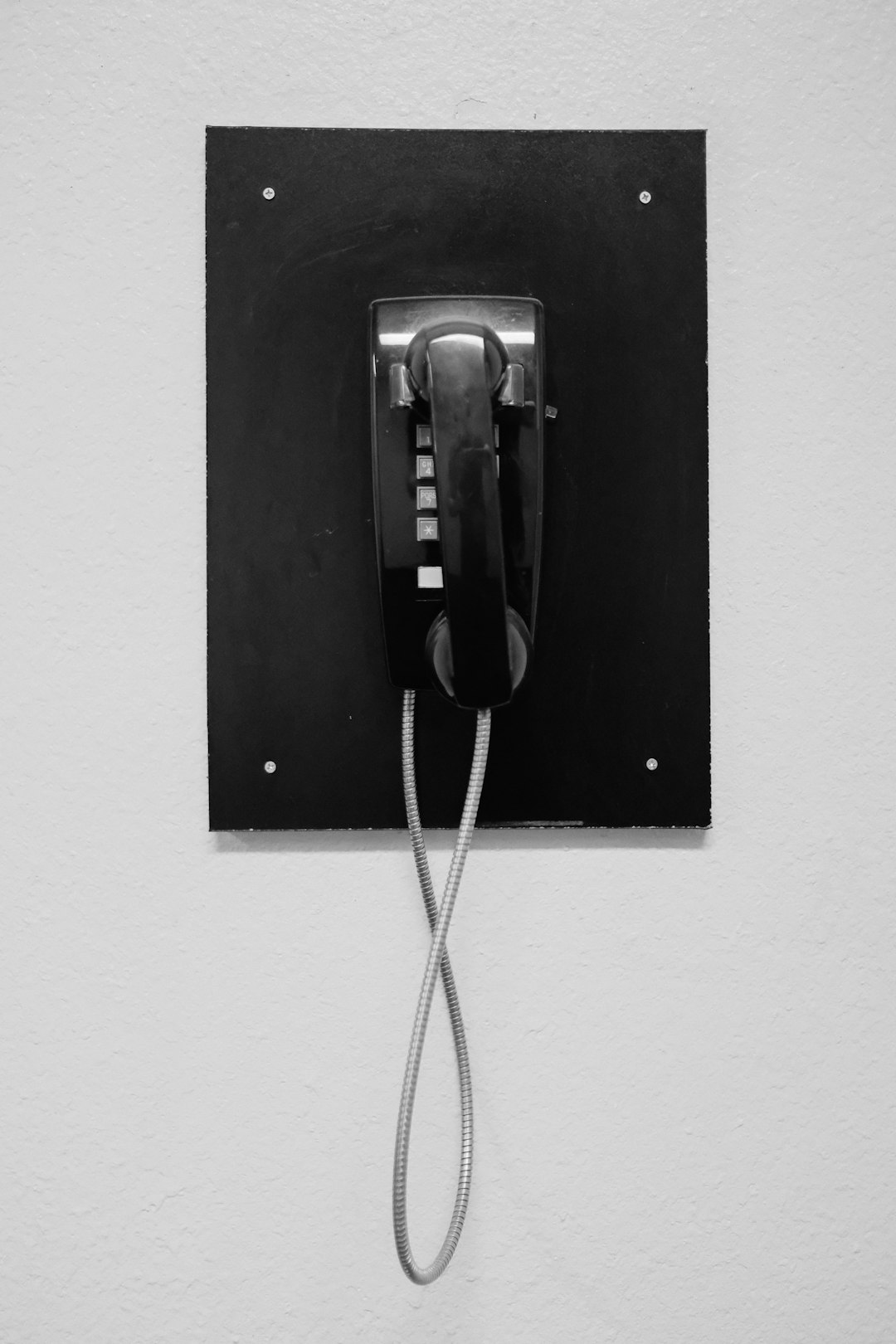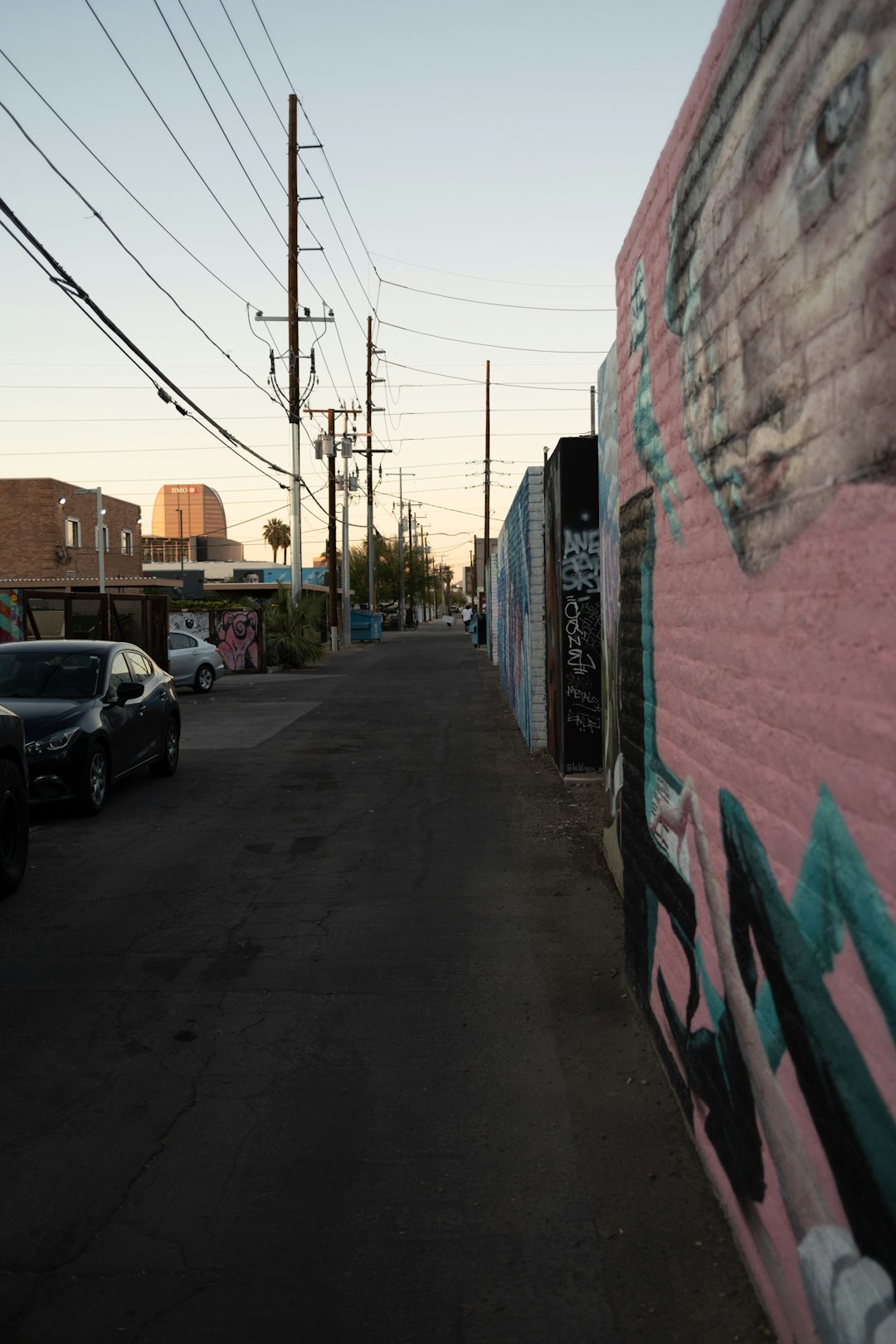Spam Text Phoenix exploits emotional vulnerabilities after tragic events like the Granite Mountain Hotshots' loss, spreading misinformation. To honor their legacy, users should verify sources, look for personalized content and verified info on memorial pages, report suspicious texts, and promote responsible online behavior during memorials, preventing digital spam in Phoenix.
“In Phoenix, Arizona, the Granite Mountain Hotshots’ memorial stands as a somber testament to the brave firefighters who perished. However, this solemn space has become a target for malicious actors using phishing attempts disguised as heartfelt tributes. This article delves into the complex world of identifying fake memorial texts surrounding the Granite Mountain Hotshots, highlighting the prevalence of spam in Phoenix’s public spaces and offering crucial insights on how to protect against these deceptive practices.”
Understanding the Granite Mountain Hotshots' Legacy

The Granite Mountain Hotshots, a specialized firefighting team based in Prescott, Arizona, have left an indelible mark on the fire-fighting community and beyond. Their tragic loss in the Yarnell Hill Fire of 2013, where 19 brave men perished, sparked a movement to honor their memory and legacy. This tragedy, while devastating, has become a catalyst for raising awareness about the risks these Hotshots face daily, fostering support for better equipment and training, and creating lasting legacies in fire safety measures across Phoenix and beyond.
The impact of the Granite Mountain Hotshots’ story extends far beyond Arizona’s borders, as their dedication and sacrifice have inspired similar units worldwide to improve their preparedness and resilience against natural disasters. In light of this, it’s crucial to navigate the information landscape carefully; while many pay respects through memorial texts and tributes, spam text Phoenix may attempt to capitalize on this emotional vulnerability by spreading misinformation or false claims about the Hotshots’ achievements. Understanding their true legacy involves verifying sources and seeking out reputable accounts to ensure that every word paid tribute to these heroes reflects their actual contributions.
Detecting Phishing Attempts in Memorial Texts

In the wake of tragic events, phishing attempts often emerge, disguised as heartfelt memorials. Spam text in Phoenix targeting the Granite Mountain Hotshots tragedy is no exception. These malicious messages, cloaked as tributes, seek to exploit emotions and gain personal information. By analyzing patterns and commonalities among suspected spam texts, users can better identify these deceptive attempts.
Look out for urgent calls to action, grammatical errors, and generic greetings, red flags indicative of automated messaging. Valid memorial pages typically feature personalized content, specific details about the victims, and verified contact information. Always verify the source and be cautious of unexpected or unusually detailed requests for donations or personal data, especially when they surface through text messages or social media channels.
Protecting Against Spam in Phoenix's Memorials

In the digital age, as Phoenix commemorates its fallen heroes with granite memorials, the risk of spam texts and inappropriate content infiltrating these spaces becomes a pressing concern. With well-intentioned citizens sharing their tributes online, it’s essential to have safeguards in place to protect against malicious actors trying to exploit these memorial platforms for promotional or non-related purposes.
To curb the issue of spam text in Phoenix memorials, authorities and community members must stay vigilant. This includes implementing stricter content moderation policies, encouraging report mechanisms for suspicious activity, and educating the public about responsible online behavior during memorialization processes. By fostering a culture of awareness and active participation, Phoenix can ensure its memorials remain respectful and free from unwelcome digital intrusions.






